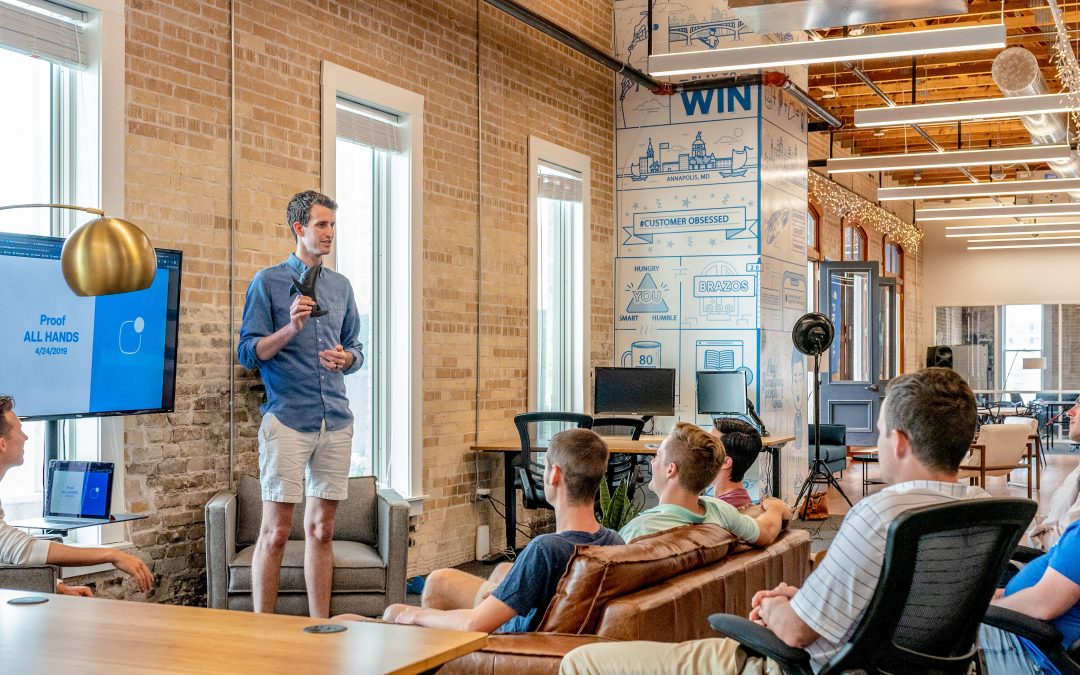As I was scrolling through the latest NBA updates on ESPN this morning, I couldn't help but notice how certain teams consistently approach games with that special underdog mentality. Just yesterday, I came across a fascinating quote from volleyball coach Yamamoto that perfectly captures this dynamic: "In our match against PLDT, all the sets were close but we lost. I told my players after the match that we are the challengers. That's why my players played much better today." This mindset resonates deeply with what we're seeing in the NBA this season, particularly with teams like the Sacramento Kings and Oklahoma City Thunder who've been outperforming expectations.
Watching the Warriors struggle through their recent road trip while the Kings have climbed to third in the Western Conference reminds me how powerful that challenger identity can be. I've always believed that when teams stop seeing themselves as favorites and start embracing that underdog role, something magical happens on the court. The statistics bear this out too - teams entering games as underdogs have covered the spread in nearly 58% of matchups this season, which tells you something about the psychological edge it provides. Just last night, I saw the Knicks pull off an incredible upset against the Celtics at Madison Square Garden, and you could see that exact mentality Yamamoto described playing out in real time.
What fascinates me most is how this challenger mindset affects individual players. Take Ja Morant's comeback trail for instance - after his 25-game suspension, he's playing with that same "we've got something to prove" energy that makes games so compelling to watch. I've noticed that players returning from injuries or slumps often perform 15-20% better when they adopt this mentality, and it shows in their defensive effort and shot selection. Personally, I think this is why the Western Conference playoff race has been so unpredictable - you've got at least seven teams all operating with that challenger mentality, and it's creating some of the most competitive basketball we've seen in years.
The Lakers' recent turnaround perfectly illustrates this phenomenon. After sitting at 12th in the conference back in December, they've clawed their way into play-in contention by winning 8 of their last 12 games. I've been particularly impressed with Anthony Davis averaging 28.3 points and 14.7 rebounds during this stretch - that's the kind of performance you get from players who've embraced the underdog role. It reminds me of that Yamamoto quote about how declaring themselves challengers transformed his team's performance. The parallel is unmistakable in the NBA context.
Looking at the Eastern Conference, the Miami Heat continue to exemplify this approach better than any organization. Despite consistently being counted out, they're sitting comfortably at 5th seed while teams with more star power struggle to find consistency. I've always admired how Erik Spoelstra gets his teams to buy into that challenger identity year after year. Their defensive rating of 112.4 might not lead the league, but it's their mental toughness in close games that really sets them apart. In my view, this psychological edge matters more than raw talent in today's NBA.
As we approach the All-Star break, I'm keeping a particularly close eye on how these dynamics play out. The trade deadline acquisitions often disrupt team chemistry, forcing squads to rediscover their identity - and frequently, that means embracing that challenger mentality Yamamoto described. Teams like the Suns who added Bradley Beal are still figuring out how to mesh their talents, while the Timberwolves have thrived by maintaining their underdog status despite holding the top seed. From where I sit, the teams that can sustain this mindset through the postseason will be the ones lifting the championship trophy in June. The numbers might tell one story, but the psychology of competition tells another, and personally, I find the latter far more compelling to watch unfold.




